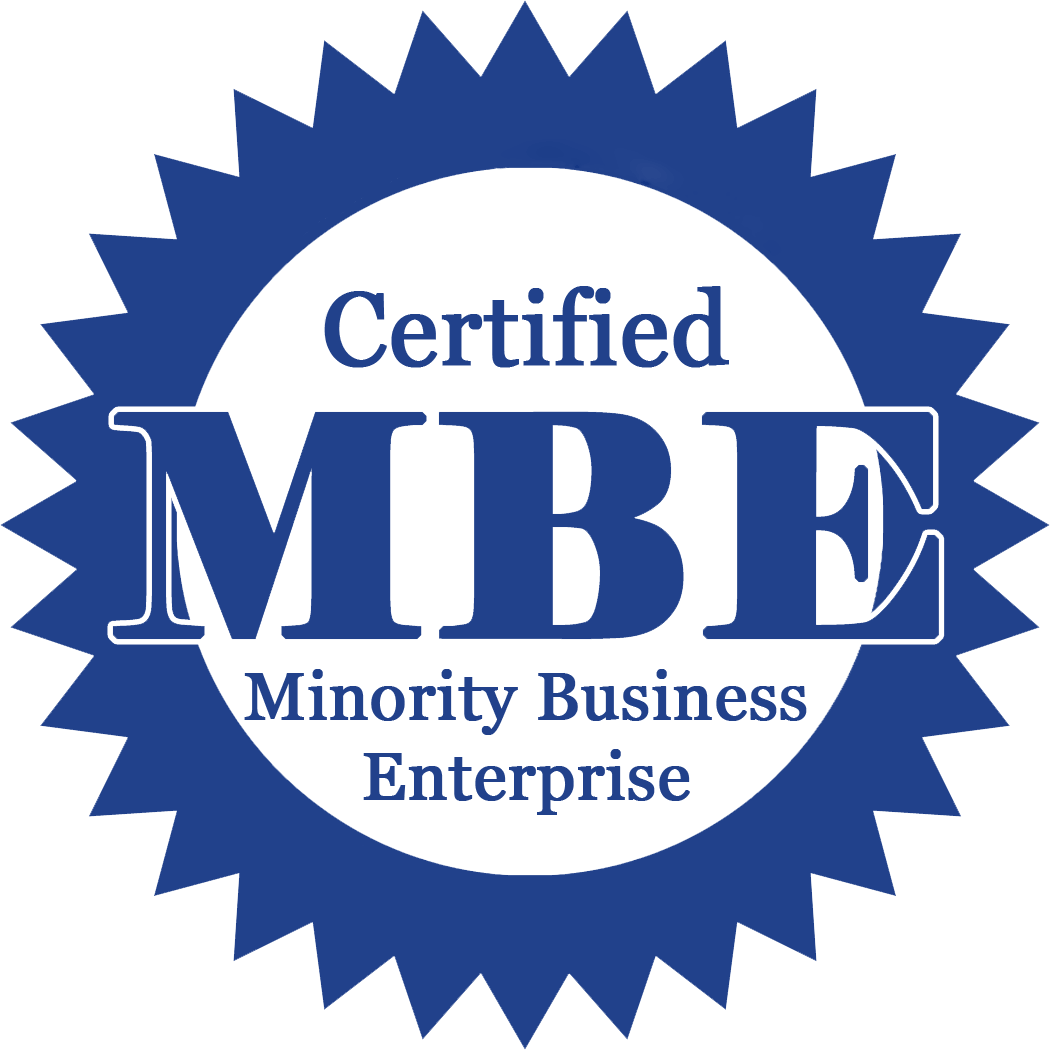Career can be defined as the roles individuals undertake through out life. These roles include paid or unpaid employment, family, volunteer work, leisure and parenting. Career in today�s world is seen as a continuous process to learning and development of an individual (Webster). Career structure is the set up within an organisation that allows staff to progress from a lower level to senior roles within an organisation. Due to the dynamics of today�s work environment, rapid changes in the work place due to information and communication technologies, increased levels of globalisation and greater competitions at the work place has had a great impact on career choices. Career development looks at how individuals manage their careers within and between organizations and how organizations structure the career progress of their members. It can also be tied into succession planning within some organizations. In terms of personal development, career development can be defined as �the lifelong psychological and behavioral processes as well as contextual influences shaping one�s career over the life span. As such, career development involves the person�s creation of a career pattern, decision-making style, integration of life roles, values expression, and life-role self concepts."(Herr & Cramer, 1996).
McMahon and Watson (2008) in their study of career development deduced that by prompting individuals to create their own paths to personal developments, gave them the opportunity to clearly design paths that were personalised with influences from the past, present and future. It allows individuals to place themselves within the social and environmental-societal systems whilst acknowledging the influence of changes and chance. Their study suggested that individuals are required to be actively involved with the help of career counsellors to locate their career decisions for development holistically within the context of their system of influences, and then to re-evaluate and reprioritize them.
Kuijpers et al (2006) noted that competence levels of individual would determine how successful an employee would be in achieving career objectives. In their view the level and speed of development has a direct link with individual�s competencies. The active involvement of individual to career development according to Kuijpers et al is based on employees own appreciation of career actualization. This is important because realizing personal goals increases career success within an organisation. A realization of goals will result into increased salary and an attainment of a higher status, assuming that the ambition levels of the goals are high enough. The study also noted that reflecting on competence level with respect to career goals helps employees to set realistic targets. Career development within an organisation would arise if employees after assessing competence levels are willing to actively explore how to best use competencies to match the organization's requirements.
Survey Software Easy to use and accessible for everyone. Design, send and analyze online surveys.
Research Suite A suite of enterprise-grade research tools for market research professionals.
Customer Experience Experiences change the world. Deliver the best with our CX management software.
Employee Experience Create the best employee experience and act on real-time data from end to end.




